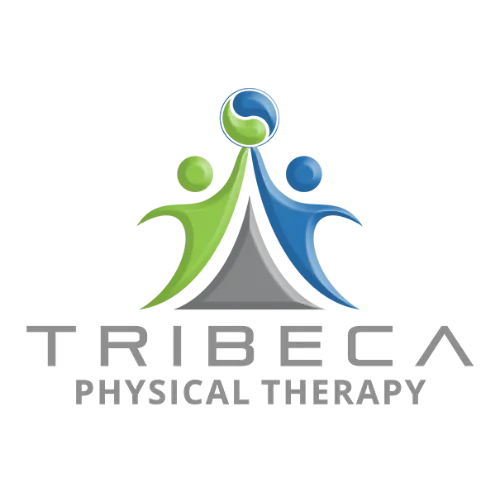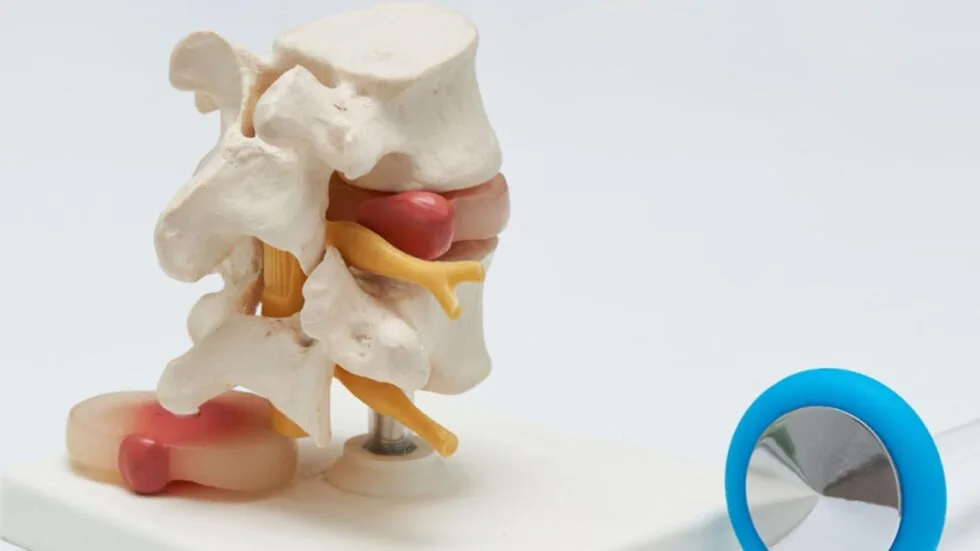When a person has a herniated disc, most of his/her daily activities are greatly affected by it. A herniated disc is one of the most common causes of lumbar pain among adults. Most herniated discs occur in the lower back, although they can also occur in the neck. Signs and symptoms depend on where the disc is situated and whether the disc is pressing on a nerve.
Patients with herniated disc would characterize their pain as a radiating numbness or tingling in the body part served by the affected nerves. A herniated disc often occurs with movements, including lifting, pulling, bending, twisting.
Risk factors that can increase your risk of a herniated disc would include an excess weight that would cause extra stress on the discs in the lower back, occupation – those that involve repetitive lifting, pulling, pushing, bending sideways and twisting, genetics for those who inherited predisposing to developing herniated disc, and smoking – that lessens the oxygen supply to the disc causing it to break down more quickly.
But that’s why your Physical Therapist is here to help. Pain management and injury prevention are one of their goals to achieve an optimum level of performance for each patient.
Physical therapy will teach you gentle exercises and activities to strengthen the muscles that support the spine and reduce pressure on the spinal column that you can also perform at the comfort of your home. . It will also promote flexibility in the spine and helps reduce the risk of a herniated disc from recurring. Physical therapy will help you return to your normal lifestyle and activities. The time it takes to heal the condition varies, but results can be achieved in 2 to 8 weeks or less, when a proper posture, pain-reduction, stretching and strengthening program is implemented.
A doctor may suggest starting small and building up the level of activity slowly. They will discuss specific exercises that a person should and should not perform during the recovery period.
Gentle activities that can help with a herniated disc include:
- yoga
- swimming
- walking
- cycling
Generally speaking, during the first 24 to 48 hours following your diagnosis of a herniated disc, your physical therapist may advise you to:
- Rest the area by avoiding any activity that causes worsening symptoms in the arms or legs.
- Avoid bed rest.
- Stay active around the house, and go on short walks several times per day. The movement will decrease pain and stiffness and help you feel better.
- Apply ice packs to the affected area for 15 to 20 minutes every 2 hours.
- Sit in firm chairs. Soft couches and easy chairs may make your problems worse.
- Consult with a physician for further services, such as medications or diagnostic tests
Your physical therapist will work with you to:
- Reduce pain and other symptoms.
- Improve posture
- Improve motion
- Improve flexibility
- Improve strength
- Improve endurance
- Learn a home program
- Return to activities.
Once your pain is gone, it will be important for you to continue your new posture and movement habits to keep your back healthy and pain-free.
To help prevent a herniated disc, do the following:
- Exercise- Strengthening the trunk muscles stabilizes and supports the spine.
- Maintain good posture- This reduces pressure on your spine and discs. Keep your back straight and aligned, particularly when sitting for long periods. Lift heavy objects properly, making your legs — not your back — do most of the work.
- Maintain a healthy weight- Excess weight puts more pressure on the spine and discs, making them more susceptible to herniation.
- Quit smoking- Avoid the use of any tobacco products.
Most patients who opted to have Physical Therapy verbalized that it is the best treatment instead of surgery. So before thinking about going under the knife, consult your physician and physical therapist for better options.
Suffering from a herniated disc? Get in touch with Tribeca Physical Therapy today.



